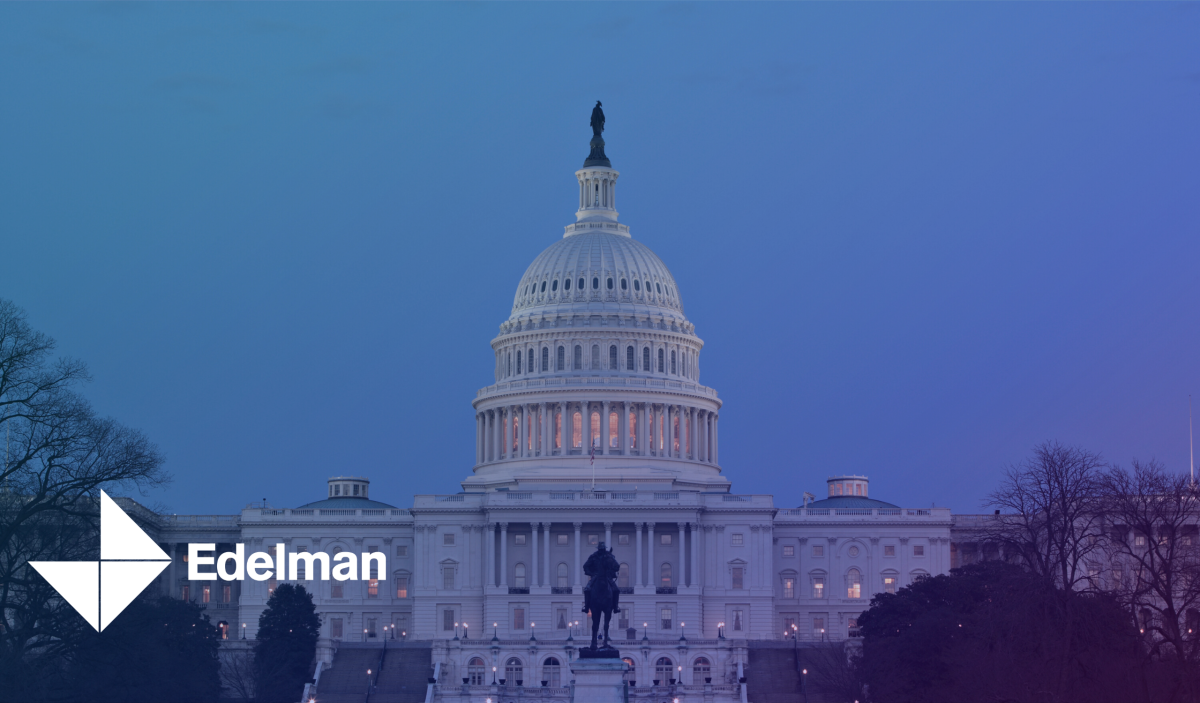Congress is in Session this Week in Advance of President Jimmy Carter's State Funeral
The House and Senate are both in session this week, and Congress will end the week with Thursday’s State Funeral at the National Cathedral for former President Jimmy Carter, who will lie in state at the Capitol Rotunda on Tuesday evening and Wednesday.
There are no hearings scheduled in either chamber this week as Committees work to get populated and constituted for the 119th Congress, though confirmation hearings are expected to get underway in the Senate next week.
House Update
- The House will vote on a pair of bills made in order for floor consideration as part of the rules package adopted on Friday:
- Laken Riley Act (H.R.29), which would require the Department of Homeland Security to detain aliens charged in the U.S. for theft crimes.
- Illegitimate Court Counteraction Act (H.R.23), which would authorize sanctions against the International Criminal Court in response to any efforts to investigate/prosecute protected persons of the U.S. and allies.
- House Republicans had a 219-215 majority for the Speaker election on Friday and will have a 218-215 majority on Inauguration Day as Mike Waltz steps down to become National Security Advisor, which will tick down to a 217-215 majority once Elise Stefanik is confirmed to serve as the U.S. Ambassador to the UN.
Senate Update
- The Senate still needs to pass an organizing resolution to populate Committees, pursuant to the assignments announced by the Republican Conference and Democratic Caucus.
- Confirmation hearings for Cabinet nominees are slated to begin next week, although negotiations between Democrats and Republicans are still underway.
- The Armed Services Committee is planning to convene on January 14 to begin hearings on Defense Secretary-designate Pete Hegseth.
Budget Reconciliation
- House Republicans held a daylong retreat on reconciliation over the weekend, where Speaker Mike Johnson briefed that President-elect Trump wants “one big beautiful” reconciliation bill, as opposed to the two-track strategy under consideration in recent weeks, which Trump confirmed last night in a tweet expressing support for “one powerful Bill.”
- The first step in the budget reconciliation process is for both chambers to agree on a budget resolution that includes directives for the Committees of jurisdiction. While there was hope of passing a budget resolution before Inauguration Day (as was the case in 2017), a budget resolution is now more likely to be taken up in February/March, with the goal of passing a reconciliation package by April/May.
- The components of a single reconciliation package could include:
- Extension of expiring Tax Cuts and Jobs Act provisions.
- Additional tax provisions (e.g., no tax on tips, adjustments to the state and local tax deduction cap).
- Border security.
- Energy production.
- Spending cuts.
- Debt ceiling increase.
- Trump plans to meet at Mar-a-Lago on January 10-12 with several key groups of House Republicans, including House Freedom Caucus members, Committee Chairs, and lawmakers from states impacted by the SALT deduction cap.



